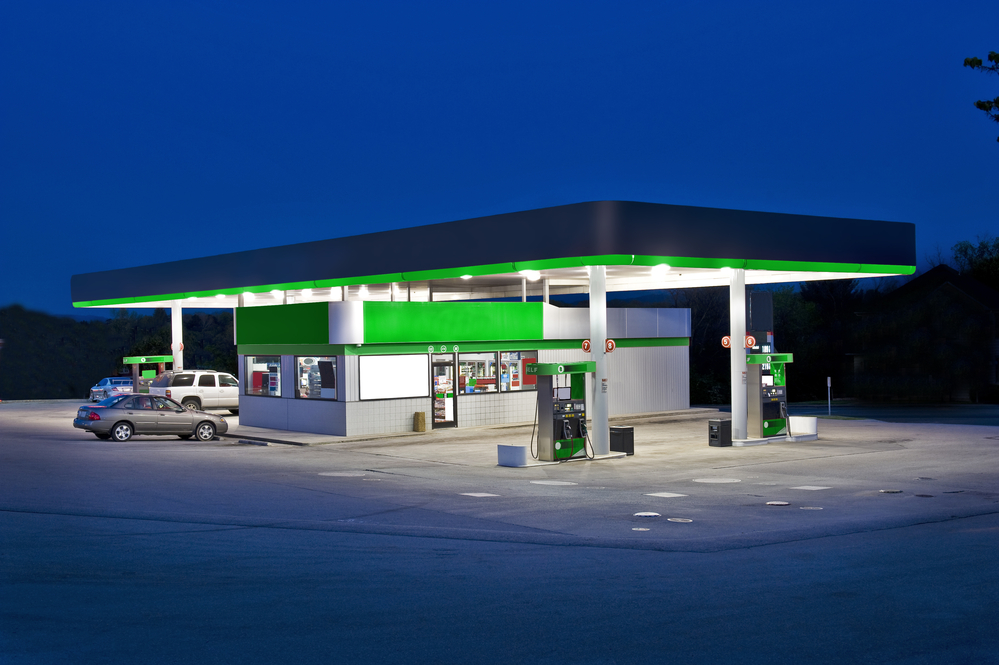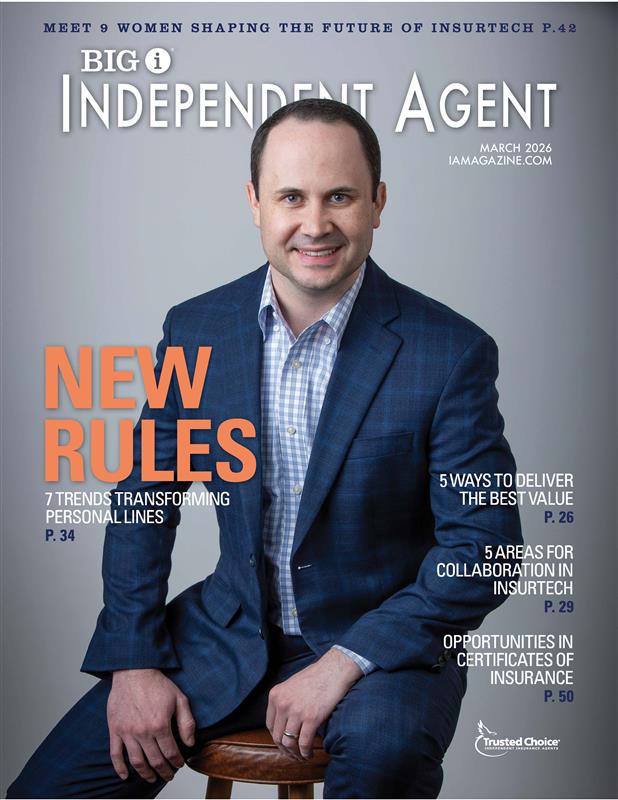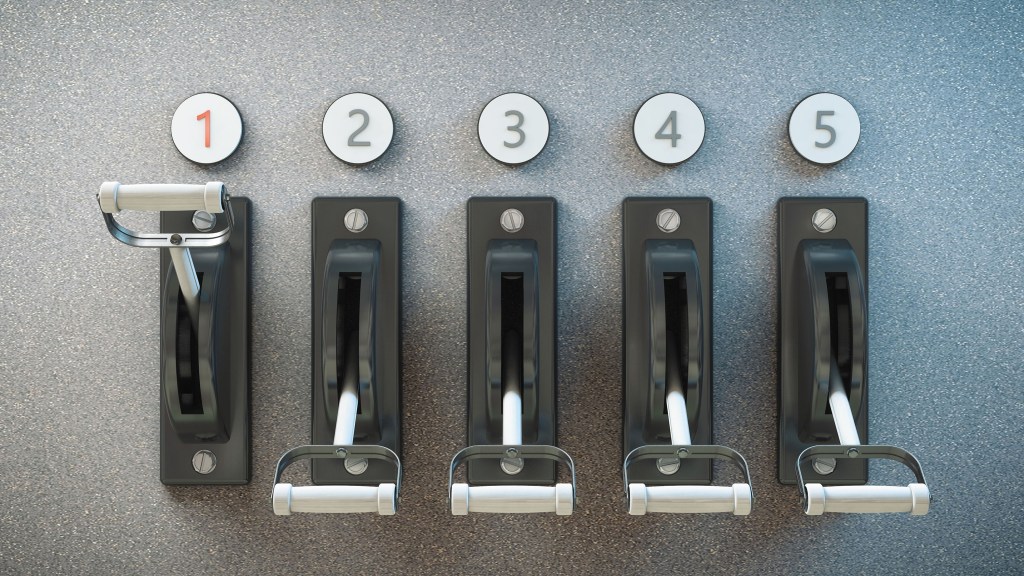Drunk Driver Buys Gas, Crashes: Does the CGL or Liquor Liability Respond?

By: Big “I” Virtual University Faculty
Q: Would the commercial general liability form CG0001 04 13 or liquor liability form CG0033 04 13 respond to a claim where bodily injury is the result of a gas station selling fuel to an already intoxicated person?
Response 1: Barring any non-ISO endorsements and any acts by the insured that would invoke the “intentional” exclusions, the CGL would provide defense, and if necessary, payment of a judgment for this situation.
This assumes that the gas station didn’t sell booze to the person. If they did, then the liquor liability exclusion kicks in and a liquor liability policy would be required. Without that sale, coverage remains with the CGL even if the gas station happens to sell alcohol. That’s because this situation doesn’t involve any of the excluded situations: furnishing alcohol, causing or contributing to intoxication.
However, the coverage question is so complex that I’d expect an adjuster to get it wrong. To cover clients in similar situations, ensure they have both CGL and liquor liability, that the two coverages have the same limits, and that they’re written by the same company. That will minimize the temptation for an adjuster to try the old “it’s the other company’s problem” ploy.
Response 2: The liquor exclusion in the unendorsed CGL form applies only if the named insured is in the business of selling or serving alcohol. Of course, an endorsement is often used to expand the liquor liability exclusion to apply to anyone selling alcohol for a fee or if the named insured has a liquor license even if no fee is charged.
Your question does not address whether the gas station sells liquor, as many do throughout the country. This fact would be crucial as to whether the CGL would respond. If the gas station does not have a liquor license or sell liquor, the CGL should respond to defend.
Response 3: Hypothetically, it is unlikely the bodily injury resulted from the gas station selling fuel to a patron. More likely, the bodily injury resulted from the patron’s vehicle colliding with another vehicle.
A lawyer could make a “but for” case to target more defendants, such as “but for” the sale of gasoline, the accident would not have occurred. Or put another way: “because” gasoline was sold to the driver the accident occurred. If the seller did not sell gasoline, would the driver have continued down the road to the next available gas station and the accident still could have occurred? Or was the tank empty and the driver could go no further and then the accident would not have occurred?
The “arising out of” language in a CGL form and the insurer’s duty to investigate the claim and defend it is often broader than the actual coverage for damages. CGL coverage, in part, depends on the allegations in the complaint and the laws of the legal venue—which might include the “four corners legal doctrine” when the court reviews the allegations.
Here’s the ISO exclusion language for aircraft, auto or watercraft:
g. Aircraft, Auto Or Watercraft
“Bodily injury” or “property damage” arising out of the ownership, maintenance, use or entrustment to others of any aircraft, “auto” or watercraft owned or operated by or rented or loaned to any insured. Use includes operation and “loading or unloading”.
This exclusion applies even if the claims against any insured allege negligence or other wrongdoing in the supervision, hiring, employment, training or monitoring of others by that insured, if the “occurrence” which caused the “bodily injury” or “property damage” involved the ownership, maintenance, use or entrustment to others of any aircraft, “auto” or watercraft that is owned or operated by or rented or loaned to any insured.
Read the ISO exceptions to the exclusion to consider if there is any applicability to the facts—likely not. The defendant did not own, maintain, use or entrust the auto to the driver, nor were they in the business of “monitoring” that driver—though it appears the court might be headed in the direction that the seller should have noticed the intoxication and refused to sell gasoline.
Response 4: This is a good example of a claim or loss that might involve two policies with different carriers being reported to both carriers. It also shows the benefits of putting those coverages, whenever possible, with the same carrier.
This question was originally submitted by an agent through the Big “I” Virtual University’s (VU) Ask an Expert service, with responses curated from multiple VU faculty members. Answers to other coverage questions are available on the VU website. If you need help accessing the website, request login information.
This article is intended for general informational purposes only, and any opinions expressed are solely those of the author(s). The article is provided “as is” with no warranties or representations of any kind, and any liability is disclaimed that is in any way connected to reliance on or use of the information contained therein. The article is not intended to constitute and should not be considered legal or other professional advice, nor shall it serve as a substitute for obtaining such advice. If specific expert advice is required or desired, the services of an appropriate, competent professional, such as an attorney or accountant, should be sought.










